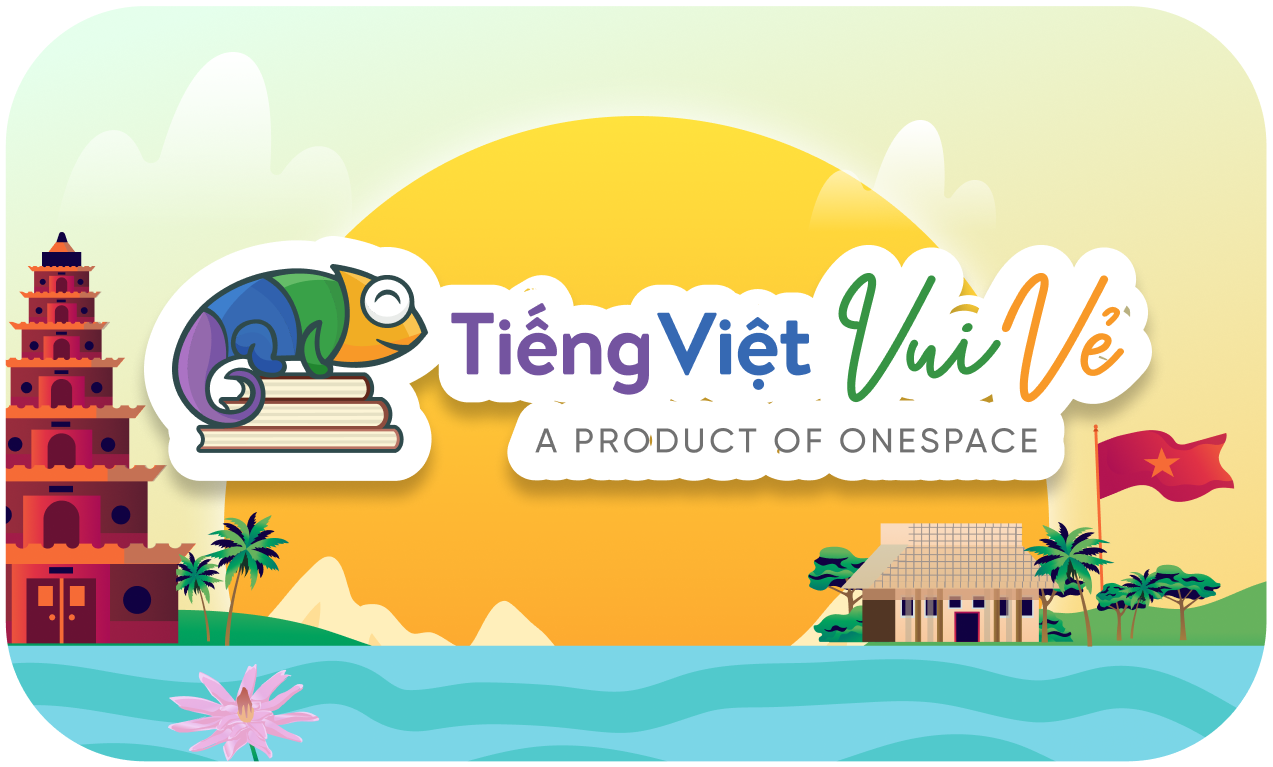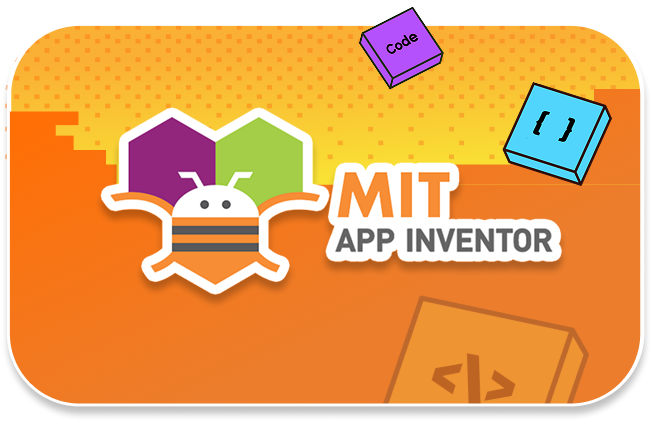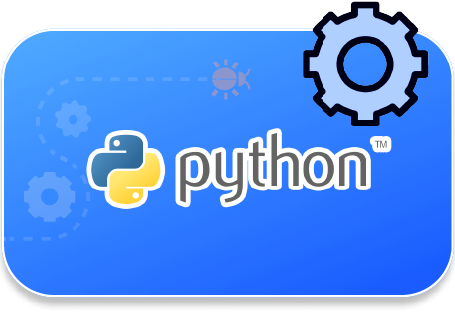Communication through language is one of the crucial skills in life. It not only helps build and maintain social relationships but also influences success in various aspects. For young children, communication skills are a vital factor shaping their future. So, how can parents help children develop communication skills from an early age?
1. Methods to help children communicate effectively with language
From an early age, children begin to learn about language. They start with simple words like “mama,” “baba,” and gradually progress to more complex language. Parents play a crucial role in developing their child’s communication skills, and teaching language to children early on is a significant starting point.

1.1. Actively listen to the child
Parents should spend time actively listening to their child without judgment, creating a comfortable and friendly environment when the child wants to talk. Encourage the child to express their thoughts and emotions. The child will sense care, understanding, and respect, leading to more openness in communication.
1.2. Regularly converse with the child
Talking with the child is a simple yet highly effective method, making the child more articulate and mentally agile. It helps in the development of language skills in various ways, including:
- Enhancing vocabulary: Conversations on various topics expose the child to new words, expanding their vocabulary and enabling them to express thoughts and ideas more clearly and effectively.
- Developing the ability to express thoughts: Listening to the child and asking open-ended questions encourages thinking and trains them to express thoughts clearly and coherently.
- Strengthening the parent-child bond: Conversing with the child is an excellent way to build a relationship. When parents spend time talking with their child, the child feels loved and cared for, boosting confidence and comfort in communication with others.
1.3. Read to the child
Reading books to a child helps in developing their language skills and building their awareness of pronunciation. The words and storytelling in books provide a rich foundation for the child’s imagination. Parents can encourage the child to retell stories or recite poems to improve their language skills. Additionally, parents can immerse themselves and the child in the characters of the story, fostering the child’s interest, stimulating curiosity, and enhancing their listening, speaking, reading, and writing abilities.
1.4. Encourage the child to participate in communication activities
Parents should encourage their child to engage in communication activities, such as playing games, joining clubs, and teams. These activities contribute to shaping the child’s social interaction and communication skills. Additionally, parents should observe and guide the child. If the child shows signs of reluctance or shyness in communication, parents should motivate them to express their thoughts and feelings. If the child exhibits undesirable behavior, parents should offer guidance and explanations to prevent recurrence.
2. Principles parents can apply to teach language communication to children
- Use clear and simple language to help the child understand.
- Avoid using slang and jargon to prevent confusion and potential misuse of language.
- Encourage the child to use creative language when expressing thoughts and emotions.
- Be patient and understanding when the child makes mistakes, fostering confidence and comfort in communication.
- Avoid using sensitive words to prevent emotional harm to the child.
3. Benefits of developing language communication skills for children
Language communication skills involve more than just listening and speaking; they are considered an art where words, attitude, and actions combine.
First, effective language communication skills help children solve problems efficiently. Children can easily exchange ideas with others, finding the best solutions to issues. This, in turn, helps children develop additional skills such as public speaking, critical thinking, and teamwork.
Second, it helps children develop a comprehensive understanding of themselves and express their opinions clearly. When communicating effectively in language, children become more dynamic and confident, receiving admiration from others. This builds close relationships with friends, family, and teachers.
Third, it enhances the child’s ability to listen and empathize, fostering a deeper understanding of life’s values. It helps children respect and appreciate what they have, creating a healthy and happy environment.

4. OneSpace’s focus on developing language communication skills for children
Learning and honing language communication skills are crucial, not only for the child’s holistic development but also as an invaluable gift for future success and advancement opportunities.
Recognizing the importance of these skills, OneSpace prioritizes the development of language communication skills for children through modern teaching methods and activities, such as:
4.1. STEAM Education Method
Aimed at providing comprehensive knowledge and skills related to Science, Technology, Engineering, Art, and Mathematics for preschool and elementary school students.
Each lesson in the program revolves around practical situations and real-life scenarios. Children need to apply the knowledge learned to solve problems effectively. This helps children understand the issues and apply them to real-life situations by seeing, hearing, and touching.
4.2. Creating a dynamic and enjoyable learning environment
Vietnamese Fun Classes are designed specifically for children aged 5 to 10 living and studying abroad who have a passion for the Vietnamese language and want to explore Vietnamese culture. Each curriculum is built based on various criteria: age, proficiency level, and the child’s ability to understand Vietnamese, allowing effective learning for children.
At OneSpace, Vietnamese classes always create a dynamic, fun learning space, ensuring that children feel comfortable and excited every hour in class. Teachers develop children’s language through activities such as singing, games, storytelling, and painting, helping them learn Vietnamese naturally and intimately.
Furthermore, OneSpace organizes activities and exchange programs worldwide, enabling children to experience different cultures. This environment helps children practice language skills directly and provides opportunities for learning, fostering language communication skills effectively.
OneSpace opens the magical door where you can explore the vibrant colors of the Vietnamese language here!















